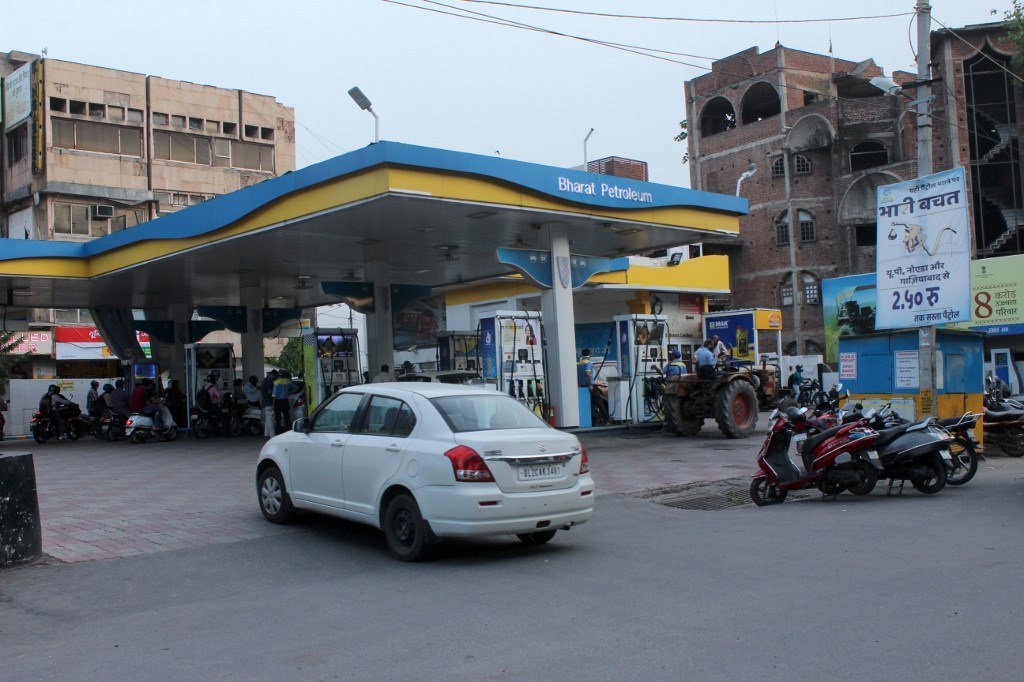[ad_1]
There may be some relief on the way for Indian consumers from record-high gasoline and diesel prices. A parliamentary panel on food and consumer affairs has recommended a cut in fuel taxes levied by the federal government, the Times of India reported.
In its report, the committee recommended that taxes levied on petroleum products, especially gasoline and diesel, “are on the higher side and needs a revision after making an evaluation of the prevailing pricing regime in the country and also making a comparative assessment of the same with systems prevailing in other countries,†the daily added.
The excise duty levied by the federal government and the value-added tax charged by the state governments now accounts for about two-thirds of retail fuel prices. In 2020, the federal government raised excise duty in two tranches for gasoline and diesel to tap the benefits of soft crude prices of US$20 a barrel due to a fall in demand caused by the Covid-19 pandemic.
The cumulative increase for gasoline was 13 rupees per liter and 16 rupees for a liter of diesel. The federal government now levies an excise duty of 32.90 rupees per liter on gasoline and 31.80 rupees a liter on diesel.
However, the hardening of global crude prices has had a cascading effect on gasoline and diesel prices with the rates in many parts of the country exceeding 100 rupees a liter. India’s fuel consumption has fallen for the second month in a row in February to its lowest since September last year.
According to Petroleum Ministry data, the consumption of fuel fell 4.9% to 17.2 million tons year-on-year in February, while on a monthly basis it slipped by 4.6%. In January, India registered its first month-on-month decline in five months.
Interestingly, fuel prices have remained frozen since February 27, a day after the announcement of elections in five states. Market analysts feel the prices may start moving upwards once the elections finish next month.
The federal and state governments are reluctant to lower taxes as they are using revenue gains on retail fuel to boost spending to counter the Covid-19 induced slowdown. Their usual sources of revenue from the goods and services tax, the corporate tax and income tax have dried up due to the near-total closure of business activities during the lockdowns.
Finance Minister Nirmala Sitharaman said the issue of the tax burden on petroleum products was something the federal and state governments should discuss as both drew revenue from these items.
The Reserve Bank of India is worried about rising inflation, as it could affect its strategy of keeping borrowing costs low to support economic revival amid the pandemic. A rise in interest rates to combat price-growth will lead to a spike in borrowing costs, which will hurt consumption and business activity.
Experts feel rising inflation will reduce any hopes for an interest rate reduction in the near term.
Last month central bank governor Shaktikanta Das pointed out the rising fuel prices “play as a cost-push factor across a range of activities†and impact the costs of manufacturing, transportation and other aspects. Diesel is used extensively by transport operators and farmers, so a price rise adversely impacts the costs of food and other essential commodities.
[ad_2]
Source link











